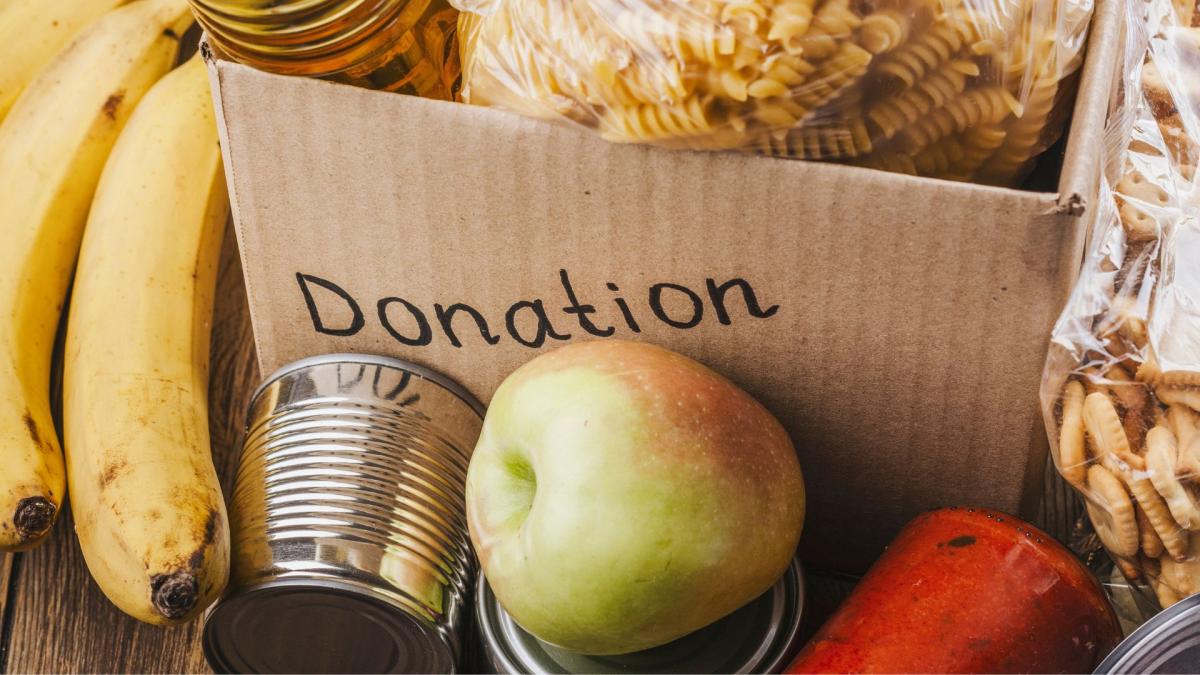WFB Urges Senate Action on Organics Bill Amendment, Impacting Farmers and Food Banks
LISTEN TO THE AUDIO VERSION OF THIS REPORT ON THE WFB UPDATE
In the early hours of Tuesday morning, the Washington State House of Representatives rejected an amendment to HB 2301, a bill aimed at establishing programs related to waste reduction, organic material management, and grant programs to assist in the recovery of otherwise wasted foods to various rescue organizations. The proposed amendment, sought to incentivize food supplies to food banks while addressing labor costs, as this is a fundamental reason why direct farm donations have been decreasing across the state. Unfortunately, the amendment was rejected by the Speaker of the House.
The amendment was sponsored by Rep. Mary Dye and aimed to address the critical issue of unharvested food left to perish, while supplying additional produce donations to food banks throughout the state.
“These policies are making it difficult to justify taking your surplus to the food bank because you can’t afford to harvest it because the labor is too expensive and you leave that produce in the field,” said Rep. Dye speaking on the House floor. She went on to emphasize the hardships faced by farmers in
Washington State, which recently released agriculture census data shows an average loss of 743 farms per year. She stressed the economic challenges that hinder farmers from donating surplus produce to food banks, citing expensive labor costs as a major barrier.
As HB 2301 proceeds to the Senate for further consideration, Washington Farm Bureau (WFB) urges Senate leaders to fix the bill, supporting food banks and keeping food on the table for our most vulnerable populations.
“It is unfortunate that the legislature was unwilling to recognize the nexus between the crisis of unharvested food and the steep increase in labor costs that will ultimately result in unnecessary waste,” said Bre Elsey, WFB’s Director of Governmental Affairs. “By rejecting this amendment, the state is rejecting the request by farmworkers to increase their opportunity for more hours, and agriculture’s ability to continue to partner with food bank and rescue operations in support of vulnerable populations in their communities.”
Local food bank representatives echoed the significance of farm-to-food-bank partnerships in addressing food insecurity. “That’s about 10,000 [pounds] worth of good, fresh produce we wouldn’t have access to,” said Debbie Christian, Executive Director of The Auburn Food Bank.
South King County Food Coalition (SKCFC) serves 1.5 million pounds of food to families each year. Barb Houston, SKCFC’s Executive Director affirmed, “farm produce is the best food on our line. When I hear of fruit rotting on the trees, it is sickening. It is very disheartening that we have so much of our food going to waste in this country while families are working two or three jobs to try and put food on the table.”
While March 7th marks the end of the 2024 legislative session, WFB continues to advocate for solutions that support both farmers and food banks, recognizing the urgency of addressing labor challenges and food waste in the state.

